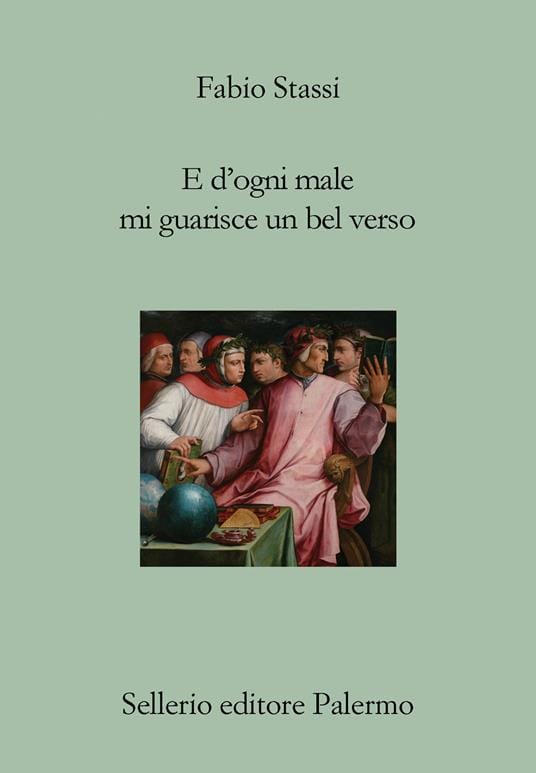E d’ogni male mi guarisce un bel verso

Healing with Dante: a beautiful and spellbinding lesson on the therapeutic power of poetry and the saving power of the Supreme Poet's verses that calls out other great poets. An invitation to listen again to submerged voices, neglected by the arrogance of an age running at digital speed.
«When my publisher called me to ask me to give a lecture on the therapeutic power of Dante's poetry, thinking of the stage I would be on (the Basilica of Maxentius), the audience, the enormity of the topic (whether with Dante one can be cured, and what), and also what Contini called 'the shadowy world of Dantists,' the first reaction I had was a wave of fear. I tried to control it, but with difficulty. Fortunately, two other poets came to my lips, to my rescue: Brodskij and Saba. Brodsky, for a reflection that I have never forgotten since: writing is a practice that does not give experience but continuous uncertainty, and the feeling that is most frequently experienced is panic. And Saba, for a fragment that resurfaced from who knows where: 'And from every evil a beautiful verse heals me.'»
This "discourse" by Fabio Stassi ranges through Dante's works (Comedy, Rhymes, Vita Nuova, Convivio) seeking an answer to three questions: why Dante is always contemporary, why his poetry is like a therapy from Melancholy to Bliss, and how--the perennially suggestive question--he cured himself through insistent poetic self-analysis. An itinerary, ingenious and exact, into his words, endecasyllables, canticles, songs, sonnets, with a keen eye on the analyses of the many other poets (Saba, Borges, Brodskij, Leopardi, Ungaretti, Maldel'štam, T.S. Eliot...) who were convinced of the thaumaturgic power of his verse.